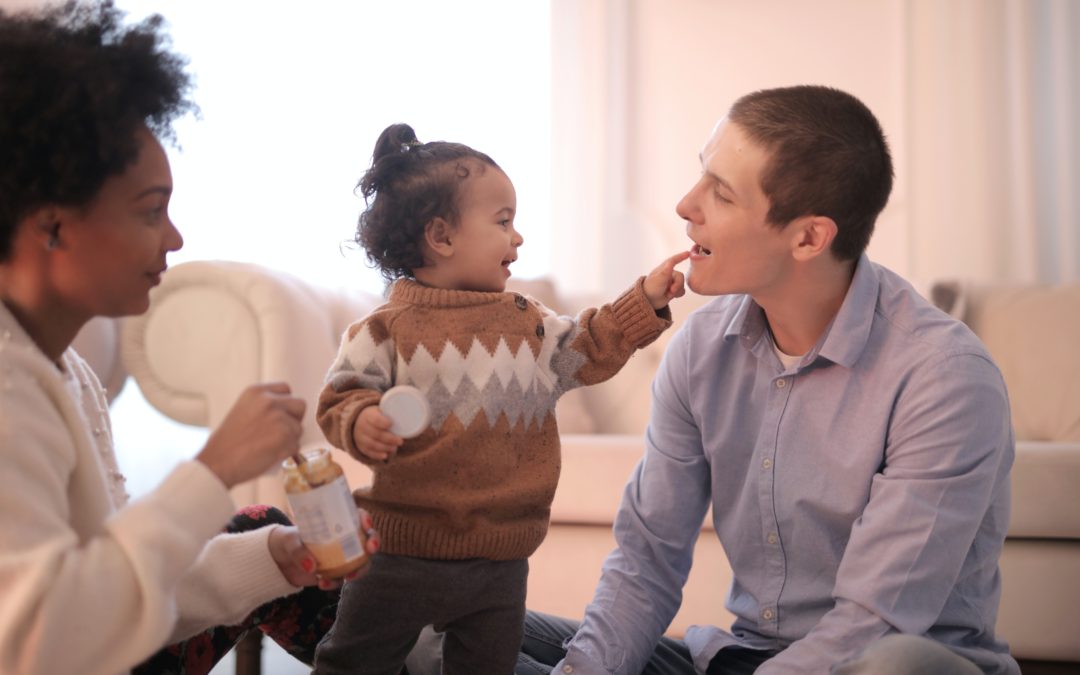The bonds we form in infancy and early childhood with our parents/caregivers have an incredible impact on all aspects of our adult lives; including how we show up in our relationships, how we function as parents, how we interact in our work environment and it even affects how we grieve and react to loss.
These bonds between infants and their caregivers were first studied by developmental psychologists Mary Ainsworth and John Bowlby, and their work in this field formed the basis of what we have come to know as Attachment Theory. The most important takeaway from attachment theory in human development is that young children need to develop a relationship with at least one caregiver for normal social and emotional development.
Your individual attachment style will have a tremendous impact on how you grieve when losses are experienced. As a result of the Covid-19 pandemic, we are experiencing death and non-death losses globally, and the effect of the resultant quarantining brings an extra layer of losses that further complicate the grief experience. Some attachment styles require personal space but are unable to get it if they live with multiple people, while others may live alone yet require plenty of quality time, attention and reassurance.
Before discussing the impact of attachment style on the grieving process, let’s first examine each of the four established attachment styles. But first let me warn you, once you understand these various styles, you can’t help assessing both your own and others around you to determine what style each one possesses. It took me a couple of months before I tamed my untamed curiosity around this topic with my loved ones.
Secure Attachment
Children whose parents were emotionally and physically available and responsive to their needs will feel secure in their relationships with their caregivers, as well as with others. Their first experience of the world is with their parents, and if they learn to trust in their parents/caregivers to be available for their needs, then the trust is extended to the world around them.
When people with secure attachment experience loss, their fundamental trust in the world helps them to find a way to grieve their loss and get their needs met. Since their original caregivers provided consistent warmth and emotional availability, they are most likely to treat others and themselves in the same manner.
Anxious Attachment
Children who experience inconsistent and emotionally unpredictable responses from their parents/caregivers will be more likely to develop anxiety, insecurity, clinginess, and mistrust. They are then at risk to carry this mistrust to the world around them, including their future relationships.
Those with an anxious attachment will require patience and understanding. You may find them asking the same questions and requiring the same reassuring answer multiple times. Give it to them. They will want to feel heard in their pain rather than calmed down. They are also the most likely to feel prolonged bereavement out of all the other attachment styles and face the most difficulty in overcoming grief.
Avoidant Attachment
Children whose parents are emotionally and physically unavailable or distant, do not get their emotional needs met. This painful reality for them creates a self- protective response of emotional withdrawal from the people and the world around them, leading to becoming self-directed, and emotionally independent.
Avoidant attachment types will naturally seek more personal space and alone time. Being more likely to suppress their feelings, it is important to hold a non-judgmental space for them and remain patient for them to “open up” emotionally.
Disorganized Attachment
Children who are raised by unpredictable and erratic parents/caregivers, find themselves in an environment where fear comes to rule the parent-child relationship. The caregiver can be kind and loving one minute, and then explode into a rage at something small, and this unpredictability causes the child to feel unsafe, leading to a disorganized attachment. This fearful insecurity follows them into their adult relationships.
It can be very difficult to meet the needs of a grieving person with a disorganized attachment style while also not activating them – it’s best to find a balance. You can make sure your loved one knows that you are available whenever they need to talk without being pushy and keeping your safe distance. Give them the opportunity to join in on activities without forcing them. Give them time to feel their emotions without intruding or asking overwhelming questions. When they feel ready, they may open up to you.
Having an awareness that our behaviour in response to loss is influenced by our original attachment helps us to have extended compassion for both ourselves and our loved ones. It is not for us to assess and diagnose ourselves and others – we can create an open-minded, non-judgmental, kind, and compassionate space for ourselves and others, in order to facilitate the healthy processing of our individual grief journeys (either on our own, with the help of a loved one, or with Vancouver online counselling guided by a professional).
If you or someone you love is having difficulty moving through their grief, seeking professional help with Vancouver online counselling will help in processing the loss(es). It can help provide strength, security, and confidence to work through emotions and release them in a healthy way. It is hard to get off the train of uncertainty, anxiety, and mistrust engrained through our attachment styles without the help of a professional. This help can be the springboard to developing new resources and insight into how to manage our grief in a healthy way.


Recent Comments